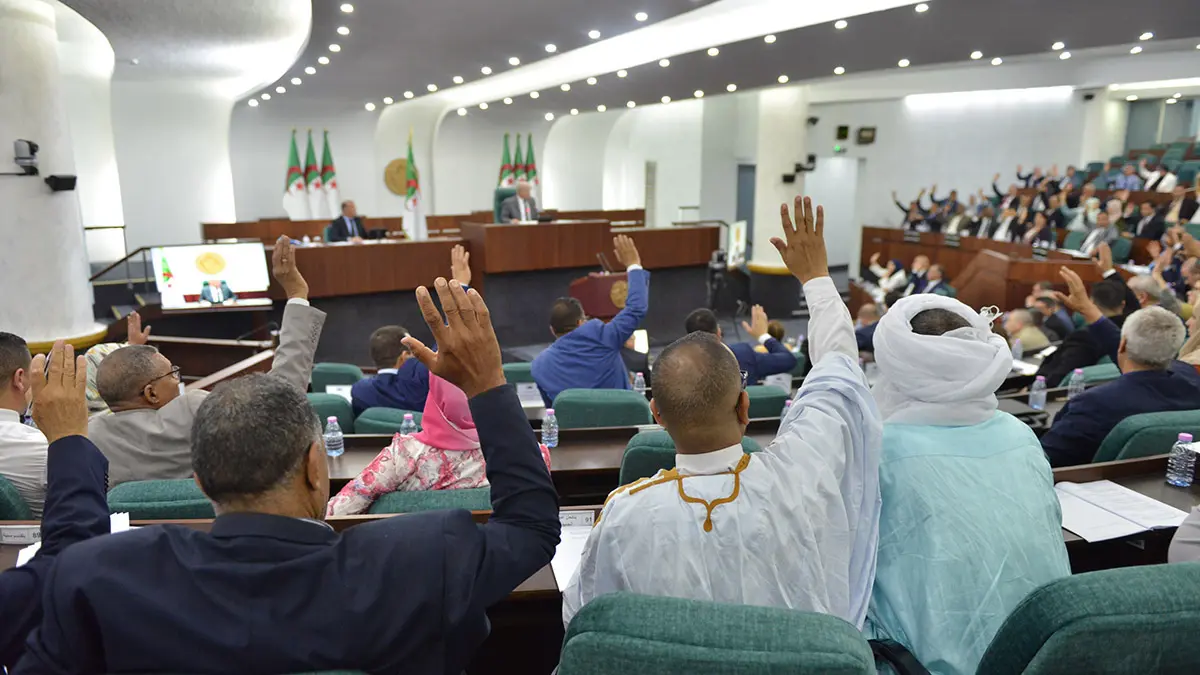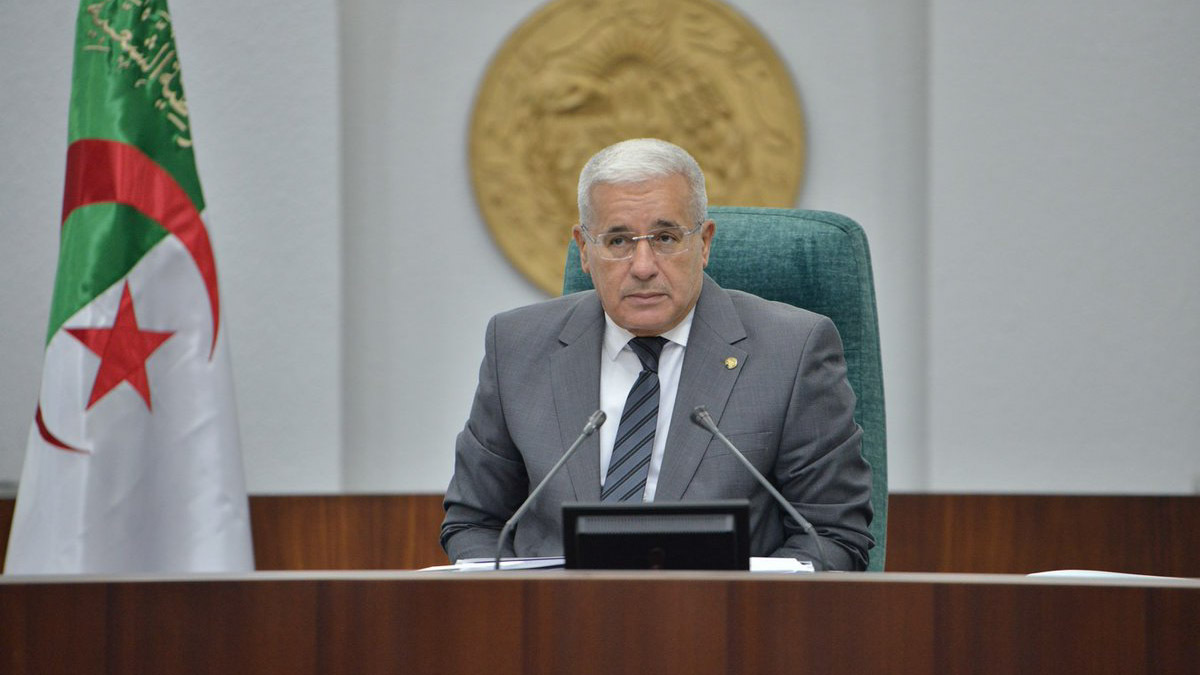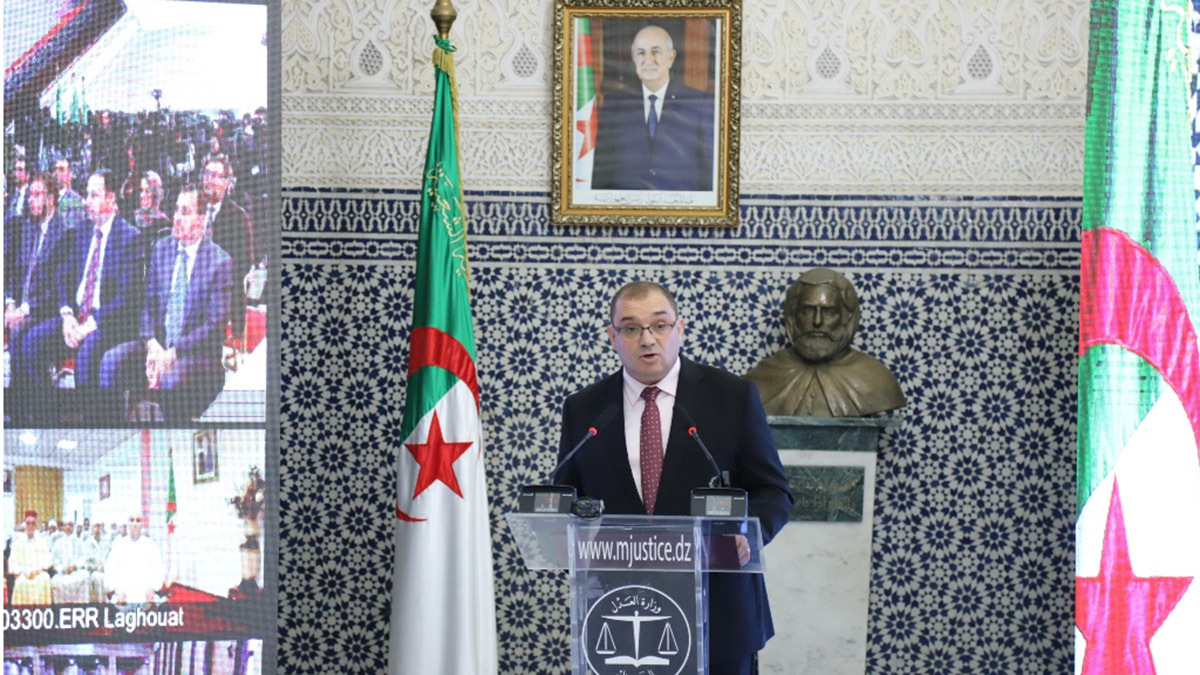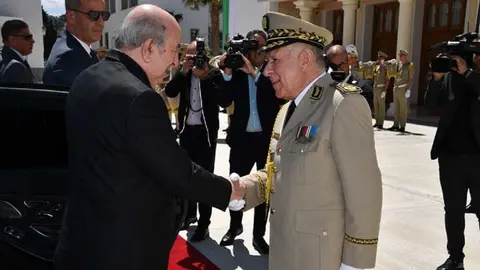Algeria one step away from passing general mobilisation law

With an absolute majority, the National People's Assembly (APN), chaired by Ibrahim Boughali, took the first step towards making the new general mobilisation law, proposed by Justice Minister Lofti Boudjemaa and Minister for Relations with Parliament Kawthar Krikou, a reality.
However, the procedures for completing its implementation and approval have not yet been completed, since, after passing through the APN, the bill must pass a second legislative body, the Council of the Nation, and then be ratified and signed by the head of government, Abdelmadjid Tebboune.

Nevertheless, the bill has been highly controversial since it was announced in April because its objectives and benefits for Algerian society were unclear. The text, which will actually be an extension of Article 99 of the Constitution, will define the rules and mechanisms for implementing general mobilisation in the event of a serious threat to the country's security or sovereignty.
In total, the text has 69 articles divided into seven chapters, which serve as a complement to the laws that make up the set of laws passed in 2022 regarding military reserves.
As described in parliament, the law establishes that the defence of the nation must have the capacity to anticipate and manage any risk, especially in the context of political instability in the Sahel region, particularly with Mali.
In the words of the Minister of Justice, ‘the law will be a legal tool that will serve Algeria in addressing national security challenges’. The law is also part of ‘efforts to guarantee the defence of the supreme interests of the nation’ and ‘will enshrine the sacred bond between the army and the nation, through which Algeria will acquire greater strength, invincibility and strategic rigour, enabling it to achieve great goals,’ he added.

According to Boudjemaa, the actions or measures included in the bill include: the modification of the status of the Armed Forces, which will change from peace to war; the suspension of permanent discharge of military personnel; the facilitation of the call-up of reserve soldiers; and the granting of full power to the State to halt the retirement process of employees whose performance has a ‘high impact on general mobilisation’.
In addition, this law implies a significant transformation in civil industry production in order to meet the demands of the Armed Forces; the optimisation of strategic resources (water and energy); the modification of transport routes and use in order to serve the security forces; and the prohibition of the export of goods that may be related to the military, provided that the Armed Forces have sufficient supplies of such products.

Finally, the government will have full powers to fine those who represent a potential danger to the nation with sentences ranging from two months to ten years, or fines ranging from 150 dollars to 7,500 dollars. In some cases, those liable to be fined may be expelled from the country if they are not Algerian nationals.
Although the law has not yet gone through all the necessary procedures to become effective, it is expected to do so. The main reason for this action is the tension on the border with Mali, where weeks and months ago there were several suicide drone attacks and incursions into Algerian territory by separatist forces of the National Movement for the Liberation of Azawad.









